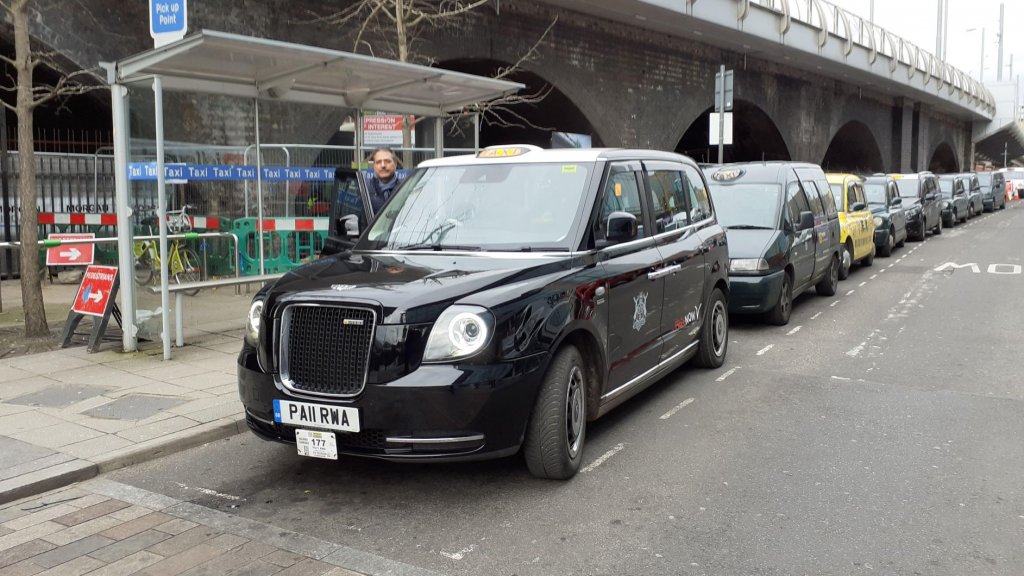
Flexible wireless vehicle charging is to be launched on UK roads for the first time, the Department for Transport (DfT) has announced.
The technology is to be installed at a taxi rank outside Nottingham railway station as part of a £3.4 million Government investment.
Electric taxis in the city will be able to recharge their batteries by parking over five plates in the road while waiting for their next passengers.
The DfT said the system will avoid street clutter from chargepoints and cables, as well as boosting drivers’ earning potential by making charging more efficient.
It believes electrifying taxi fleets in congested urban areas is crucial to cutting transport emissions and improving air quality.
Wireless charging was launched for buses in Milton Keynes in 2014, but the vehicles could only recharge at the start and end of their routes.
Transport Secretary Grant Shapps said: “Taxi drivers up and down the country are at the vanguard of the electric vehicle revolution, playing a leading role in reducing air pollution in our city centres where people live, shop and work.
“New wireless technology will make using an electric taxi quicker and more convenient, allowing drivers to charge up at taxi ranks before heading off with their next passenger.”
Ten electric taxis in Nottingham will be fitted with hardware to enable them to use the wireless charging area.
Nottingham City Council will own the vehicles and provide them to drivers rent free in a six-month trial.
If the scheme is successful, the wireless charging technology could be opened out to other motorists.
Andrea Leadsom, Secretary of State for Business, Energy and Industrial Strategy, said: “Charging technology, including wireless, is vital in giving consumers confidence to make the switch from petrol to electric cars.
“This pioneering trial in Nottingham, and others like it, will help us take crucial steps towards lower emissions and cleaner air.
“We are determined to end our contribution to global warming entirely by 2050 – and delivering cleaner and greener transport systems is a key part of this.”
In July last year the DfT awarded a share of a £37 million grant to east London-based firm char.gy which plans to install wireless charging systems on residential streets to help electric car owners who do not have off-street parking.
Neil Lancefield is PA Transport Correspondent.